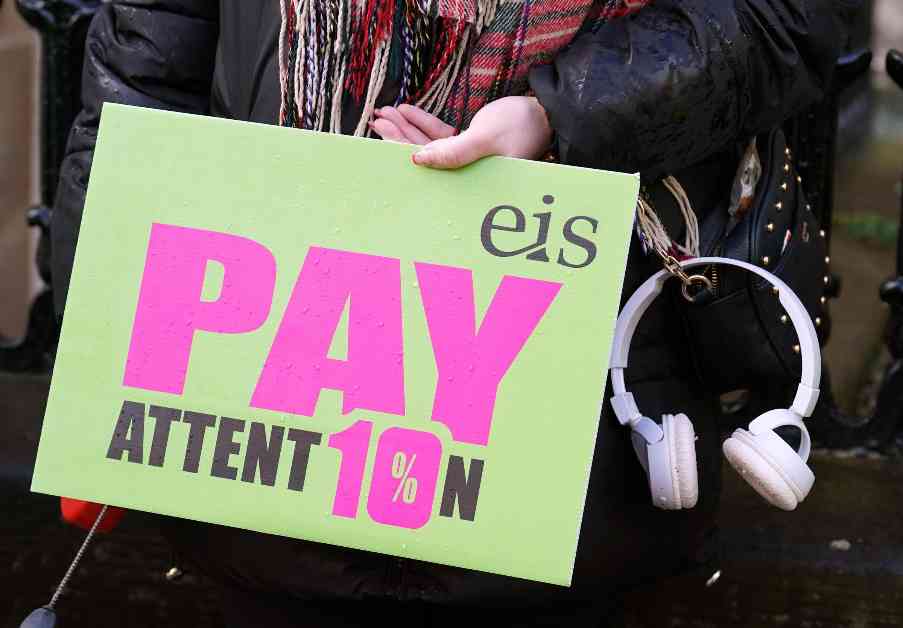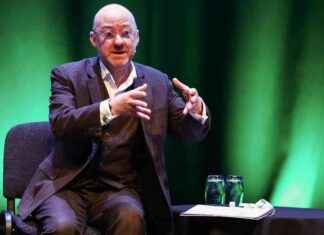Scotland’s largest teaching union, the Educational Institute of Scotland (EIS), has recently stirred up controversy by claiming that tens of millions of pounds are owed to teachers in backpay due to a tax discrepancy. This issue arose from the implementation of a pay settlement in 2022-2023, which saw some teachers being taxed more than their colleagues in 16 council areas. The EIS is now calling on the UK Government to rectify this situation urgently by repaying the overpaid tax to affected teachers.
### Pay Settlement Dispute
After a pay dispute lasting from December 2020 to March 2023, which included teacher strikes causing school closures in 2022 and 2023, unions and local authorities agreed to a 14.6% pay increase in March 2023. This deal included a 7% backdated pay rise to April 2022, with the remainder staggered across April 2023 and January 2024. However, the controversy stemmed from the backdated pay for April 2022, as 16 local authorities delayed processing the payments until the 2023-2024 tax year.
### Impact on Teachers
According to calculations by the EIS, teachers on the main grade salary scale with a standard tax code paid £382 more than the previous year due to this delay. The EIS estimates that around 20,000 teachers have been affected by this issue. While some teachers successfully requested adjustments from HMRC to reallocate their backpay to the 2022-2023 tax year, others were directed to seek resolutions from their local authorities.
### Calls for Resolution
As the situation remains unresolved, EIS General Secretary Andrea Bradley has reached out to James Murray MP, Exchequer Secretary to the Treasury, urging the UK Government to intervene. Bradley highlighted the financial hardships faced by thousands of teachers and emphasized the pressing need for a solution. The EIS believes that teachers are collectively owed tens of millions of pounds due to the delayed payments.
### Government Response
In response, a spokesperson from HMRC stated that employers, in this case local authorities, are responsible for determining when employee payments are subject to PAYE. While HMRC acknowledged its duty to collect taxes fairly, they emphasized that employers must ensure correct PAYE accounting. Cosla, the local government association, has also been approached for comment on this matter.
This issue has far-reaching implications, stemming from the most contentious pay dispute in recent decades among Scottish teachers. Even after the settlement, the financial fallout continues to impact policy decisions in the education sector, as evidenced by the Scottish Government’s decision to cut back on planned investments in colleges and universities to fund the 2022-2023 teacher pay deal. As teachers await a resolution to the backpay controversy, the educational landscape in Scotland remains in flux, with significant implications for both educators and students alike.
































